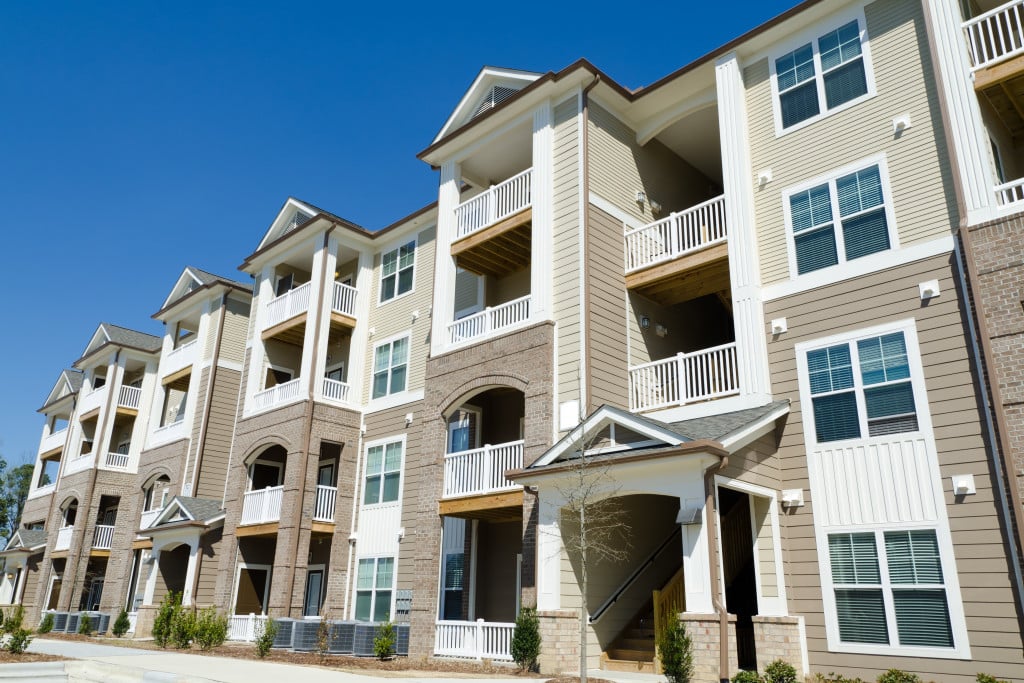- Research the local real estate market to make informed decisions.
- Develop a business plan with budgets and marketing.
- Secure financing with favorable terms.
- Perform due diligence on properties before purchasing.
- Obtain information about tenants’ credit history, employment, background checks and references.
Starting a rental property business can be a great way to generate income and build wealth. There are many factors to consider, such as location, financials, regulations and tenant expectations. To get started in the world of rental properties, here are five tips to help you succeed:
1. Research Your Local Real Estate Market
Before you begin looking for potential rental properties, take the time to research your local real estate market. You’ll want to know what types of rental units are available in your area, their current rent levels and whether there is a high demand for rentals. This will provide you with important information for making educated decisions about when and where to purchase rental properties. Also, check the zoning laws of your local area to make sure that what you are planning is allowed in your community.
2. Develop a Business Plan

Developing a business plan is essential for any start-up business, including rental properties. Your business plan should include an analysis of your local real estate market, a budget for each rental property you are considering and a marketing strategy. Determine the amount of time and money you can realistically commit to managing your rental property. Once you have identified the scope of your business, create a plan that outlines your goals and objectives. Make sure to include market research, financial projections and an action plan for achieving success.
Your business plan should provide specific details about the rental properties you are considering. Include information such as the location, size and features of each property. Consider the needs of your target tenants and determine which features would be most attractive. Make sure you have a detailed budget for each property that takes into account maintenance costs, taxes and other miscellaneous expenses.
3. Consider Financing
Once you have identified the rental properties you want to purchase, it is important to secure financing with favorable terms. Consider working with a reliable mortgage lender that can provide you with competitive rates and flexible repayment options. The right mortgage lender will be able to provide you with a loan that fits your needs, so it is important to shop around and compare different lenders.
Make sure to carefully review all the loan documents before signing them. It is also essential to understand any applicable fees or penalties for early repayment or late payments. Additionally, be aware of any additional restrictions or requirements that may be included in the loan agreement.
4. Perform Due Diligence
Before purchasing any rental property, it’s important to perform due diligence on the property. Have a professional inspect the home for any potential issues that may increase your repair and maintenance costs. Be sure to research the neighborhood where the property is located. Check for things like crime rates, nearby schools, access to public transportation and shopping centers. This will help you determine whether a particular property will make a good investment.
5. Know Your Tenants
It’s important to be familiar with potential tenants before renting out your property and then discuss your expectations with the tenant before signing any rental agreement.
Here are some factors you should know about prospective tenants:
Credit history
Before signing a lease, you should check the credit history of potential tenants to verify their financial credibility. It’s important to know if they have the ability to pay for your rental property in a timely manner. Contacting previous landlords may also provide insight into how reliable a tenant is financially.
Employment information

You will want to make sure that the tenant is employed and earning a stable income to pay for the rent. You should also ask for proof of employment, such as recent pay stubs or W-2 forms.
Background check
A background check should include criminal records, eviction history, and other public records. This information can help you determine whether the tenant is a responsible and safe person to live with on your property.
Reference
It’s also important to get references from the tenant’s previous landlords, work colleagues, or family members. These people can provide insight into how well the tenant follows rules, pays bills on time, and respects property. References can help you decide whether you want to rent out your property to the tenant or not.
Closing Thoughts
Starting a rental property business can be a great source of passive income and long-term wealth. To get started, research your local real estate market, develop a sound business plan, secure financing with favorable terms, perform due diligence on properties and know your tenants. By following these tips, you’ll be well on your way to success in the rental property business.
